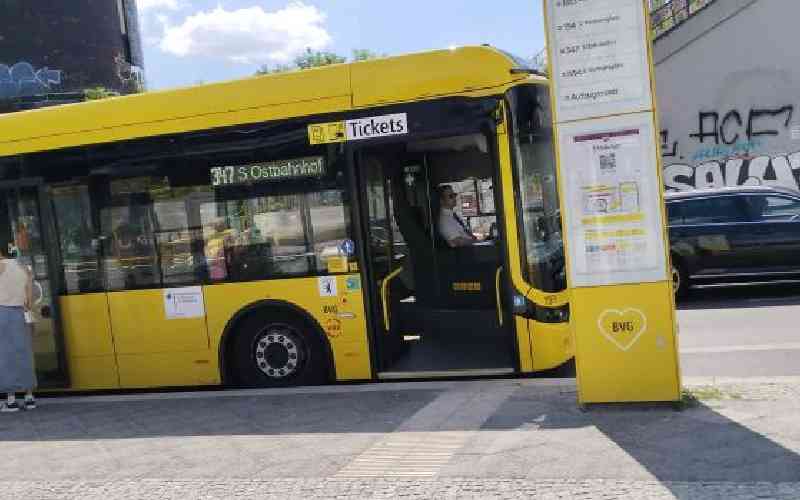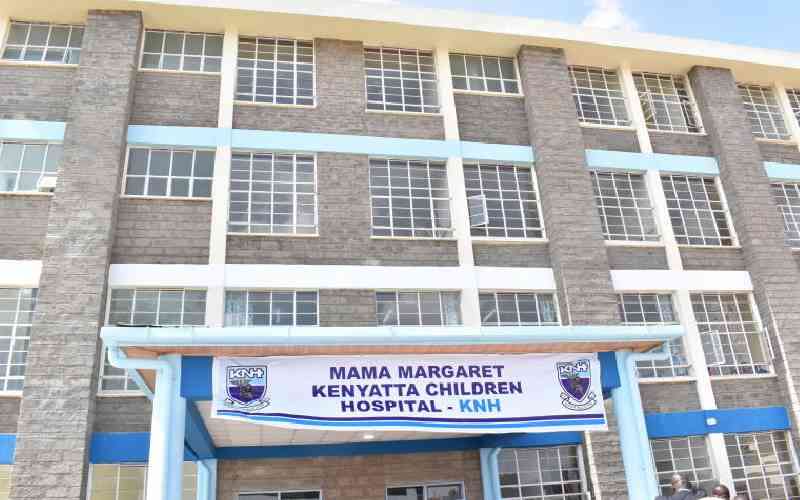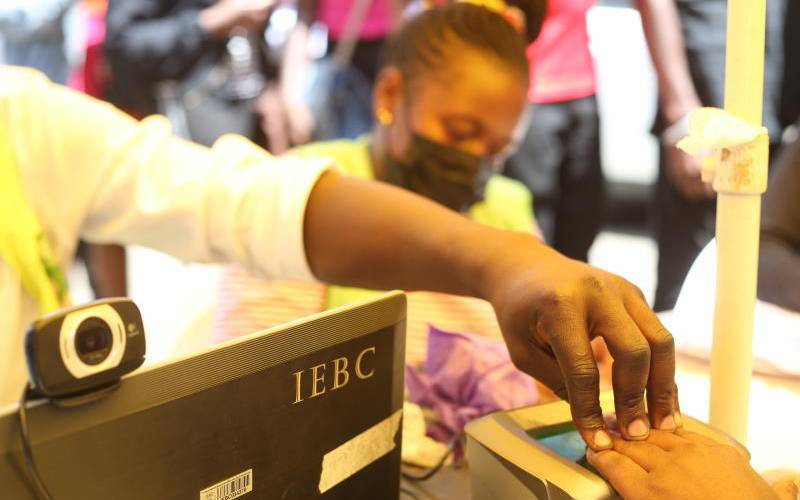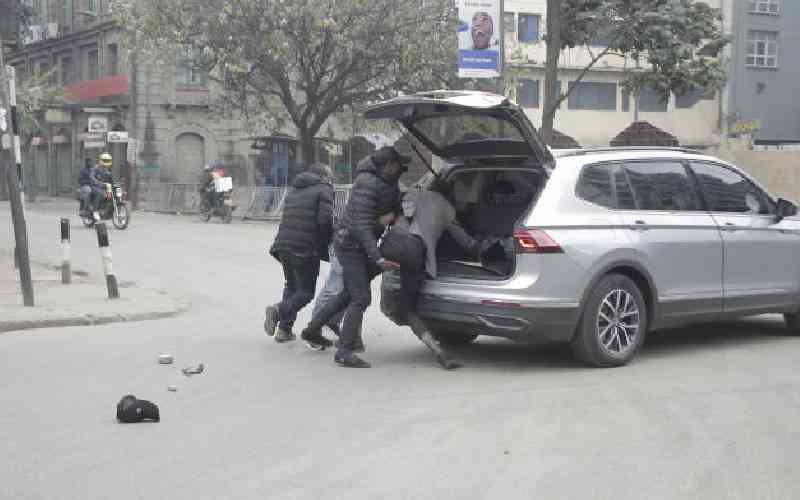At the height of the ICC case against President Uhuru Kenyatta and his deputy, a group of Kenyan politicians who had travelled to The Hague to give the two moral support was bemused when the then prosecutor arrived on a bicycle.
They joked that Luis Moreno Ocampo, who had bragged that he would make the Kenyan case an example for the rest of the world, was too poor to afford a car, and that they were better off as they had boarded a bus to the court.
But nothing was farther from the truth. Bicycles are a way of life in the Netherlands, and virtually everyone has one. Indeed, with about 22.8 million bicycles against a population of slightly above 17 million, there are clearly more bicycles than people in that country.
Unlike in Kenya, bicycles there are not associated with poverty. MPs ride bicycles to parliament. The prime minister also rides one to work. Everyone rides a bicycle — including elderly citizens as long they have the energy to pedal.
Bicycles are cherished in the Netherlands and other European countries not because people are poor but because they are a fast means of transport over short distances. There are no extra costs such as fare and they are good for exercise. Also, bicycles are good for the environment as they have zero carbon emissions.
The problem with Kenya is that government doesn’t put much premium on bicycles despite their obvious advantages. It doesn’t encourage people to ride them and doesn’t build bicycle lanes. In Europe, roads in urban areas have bicycle and pedestrian lanes.
That is why it is refreshing to hear that Nairobi Metropolitan Service (NMS), which has been in the news more over its tiffs with Governor Mike Sonko than service delivery, has started to build bicycle lanes in the city. It should be encouraged to do so not only in the CBD but on all roads to and within the city’s estates. It should also set up bicycle parking lots. The NMS idea is worth replicating countrywide.
However, building the lanes is not enough. The government should launch a campaign to change culture. It should work hard to change the perception that the two-wheelers are for the poor who cannot afford personal cars or bus fare. Like in the Netherlands, people should be encouraged to embrace bicycles.
Importantly, the government must ensure that the lanes are used for the intended purpose. Itinerant and petty traders should not encroach on them and neither should pedestrians. Everyone must stick to their lanes.
Finally, tax on bicycles should be removed to make them affordable. If we do all these, traffic congestion will be on its way out and life will be much better for all of us.
 The Standard Group Plc is a
multi-media organization with investments in media platforms spanning newspaper
print operations, television, radio broadcasting, digital and online services. The
Standard Group is recognized as a leading multi-media house in Kenya with a key
influence in matters of national and international interest.
The Standard Group Plc is a
multi-media organization with investments in media platforms spanning newspaper
print operations, television, radio broadcasting, digital and online services. The
Standard Group is recognized as a leading multi-media house in Kenya with a key
influence in matters of national and international interest.
 The Standard Group Plc is a
multi-media organization with investments in media platforms spanning newspaper
print operations, television, radio broadcasting, digital and online services. The
Standard Group is recognized as a leading multi-media house in Kenya with a key
influence in matters of national and international interest.
The Standard Group Plc is a
multi-media organization with investments in media platforms spanning newspaper
print operations, television, radio broadcasting, digital and online services. The
Standard Group is recognized as a leading multi-media house in Kenya with a key
influence in matters of national and international interest.









